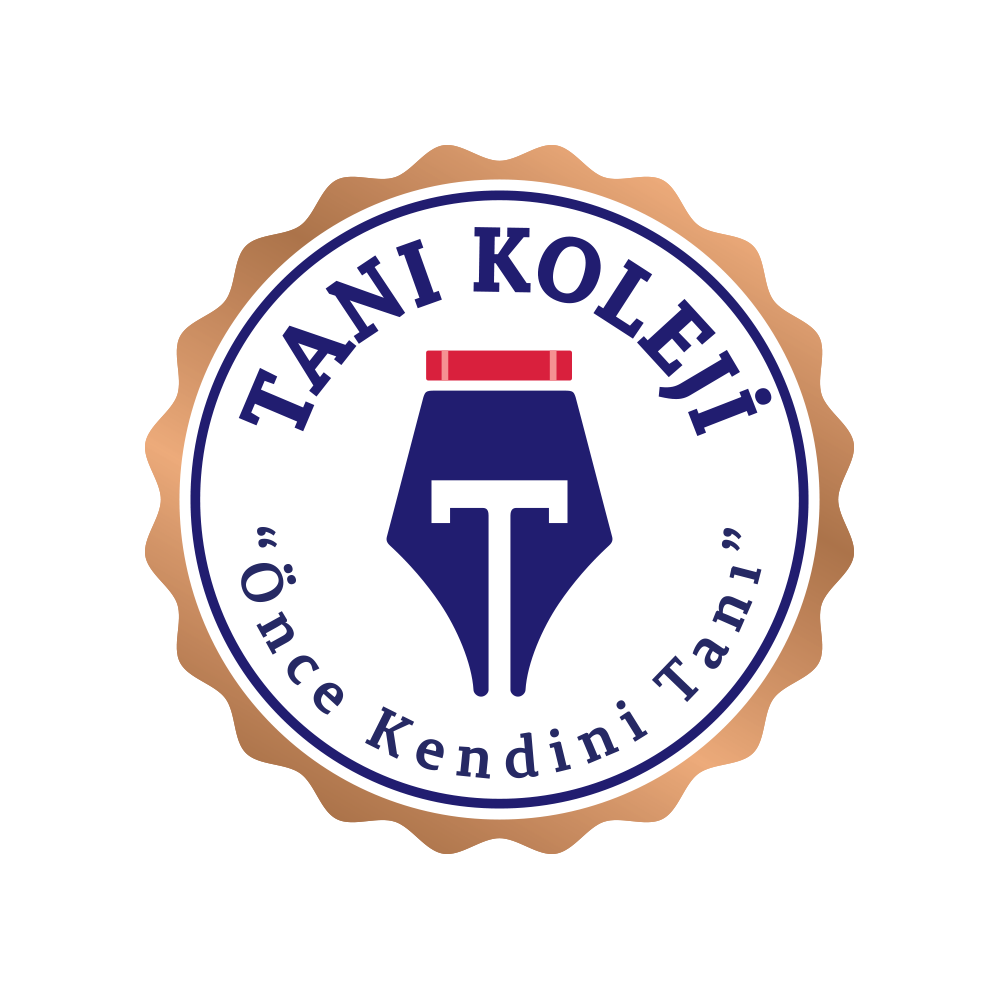- Greece militarizing Aegean Islands close to Turkey’s mainland
- The RUSSIA-UKRAINE WAR
- Greece militarizing Agean Islands close to Turkey’s maınland
Increasing tensions between Athens and Ankara in the Eastern Mediterranean have re-surfaced other unsolved problems rooted in the Aegean Sea, including the threat raised against Turkey by the militarizatıon of Eastern Aegean Islands.
The Aegean Sea is studded with more than 2000 islands and islets, some of which lie within 3 miles (4.8 km.) of the Turkish mainland.
However, even though islands close to Turkey were required to have a demilitarized status under Internatıonal Treaties due to the overriding importance of these islands for Turkey’s security, Greece has armed 18 out of 23 islands ın the Aegean Sea.Sixteen of these; namely Lesvos (Lesbos-Midilli) , Chios (Sakız), Samos (Sisam) , Icarıa (Ahikerya) ,Lemnos ( Limni ) , Samothrace (Semadirek) , Karpathos( Kerpe) , Kastellorizo ( Megisti-Meis) , Rhodes ( Rodos) , Symi (Sömbeki) , Tilos (İleki) , Kos (Istanköy) , Kalymnos (Kelemez) , Leros(İleryöz), Patmos ( Batnoz) , and Psara ( İpsara) ; have a demilitarized status, Greece is illegally militarizing these islands under the pretext of a “ Turkish Threat”.
Yet the argument of this threat is completely groundless as Turkey, until today, neither attacked any island nor occupied these.
Starting from the Treaty of London in 1913, the militarization of the Eastern Aegean Islands was restricted and their demilitarized status was confirmed in the Treaty of Lausanne in 1923.
The 1947 Treaty of Paris, which ceded the Dodecanese Islands from Italy to Greece, also confirmed their demilitarized status..
What are the arguments of Greece on this point?
What are Ankara’s opinions?
What do Conventions say?
Cyprus crisis and its effects
Soldiers on the islands
What must Turkey demand?
EU’s posıtıon on this subject
You’re going to discuss all these in this committee.
It’s a higher- beginner committee trying to find solutıons to these important questıons.
- RUSSIA-UKRAINE WAR
Russo-Ukrainian War is an ongoing war between Russia (together with pro-Russian separatist forces) and Ukraine. It was started by Russia in February 2014 following the Ukrainian Revolution of Dignity, and initially focused on the status of Crimea and the Donbas, internationally recognised as part of Ukraine. The first eight years of the conflict included the Russian annexation of Crimea (2014) and the war in Donbas (2014–present) between Ukraine and Russian-backed separatists, as well as naval incidents, cyberwarfare, and political tensions. Following a Russian military build-up on the Russia–Ukraine border from late 2021, the conflict expanded significantly when Russia launched a full-scale invasion of Ukraine on 24 February 2022.
Following the Euromaidan protests and a revolution resulting in the removal of pro-Russian President Viktor Yanukovych in February 2014, pro-Russian unrest erupted in parts of Ukraine. Russian soldiers without insignia took control of strategic positions and infrastructure in the Ukrainian territory of Crimea, and seized the Crimean Parliament. Russia organized a controversial referendum, whose outcome was for Crimea to join Russia. This led to the annexation of Crimea. In April 2014, demonstrations by pro-Russian groups in the Donbas escalated into a war between the Armed Forces of Ukraine and Russian-backed separatists of the self-declared Donetsk and Luhansk republics.
In August 2014, unmarked Russian military vehicles crossed the border into the Donetsk republic. An undeclared war began between Ukrainian forces on one side, and separatists intermingled with Russian troops on the other, although Russia attempted to hide its involvement. The war settled into a static conflict, with repeated failed attempts at a ceasefire. In 2015, the Minsk II agreements were signed by Russia and Ukraine, but a number of disputes prevented them being fully implemented. By 2019, 7% of Ukraine was classified by the Ukrainian government as temporarily occupied territories.
In 2021 and early 2022, there was a major Russian military build-up around Ukraine’s borders. NATO accused Russia of planning an invasion, which it denied. Russian President Vladimir Putin criticized the enlargement of NATO as a threat to his country and demanded Ukraine be barred from ever joining the military alliance. He also expressed irredentist views, questioned Ukraine’s right to exist, and falsely stated that Ukraine was established by Vladimir Lenin. On 21 February 2022, Russia officially recognised the two self-proclaimed separatist states in the Donbas, and openly sent troops into the territories. Three days later, Russia invaded Ukraine. Much of the international community has condemned Russia for its actions in Ukraine, accusing it of breaking international law and violating Ukrainian sovereignty. Many countries implemented economic sanctions against Russia, Russian individuals, or companies, especially after the 2022 invasion.
Under –Secretaries- General:
